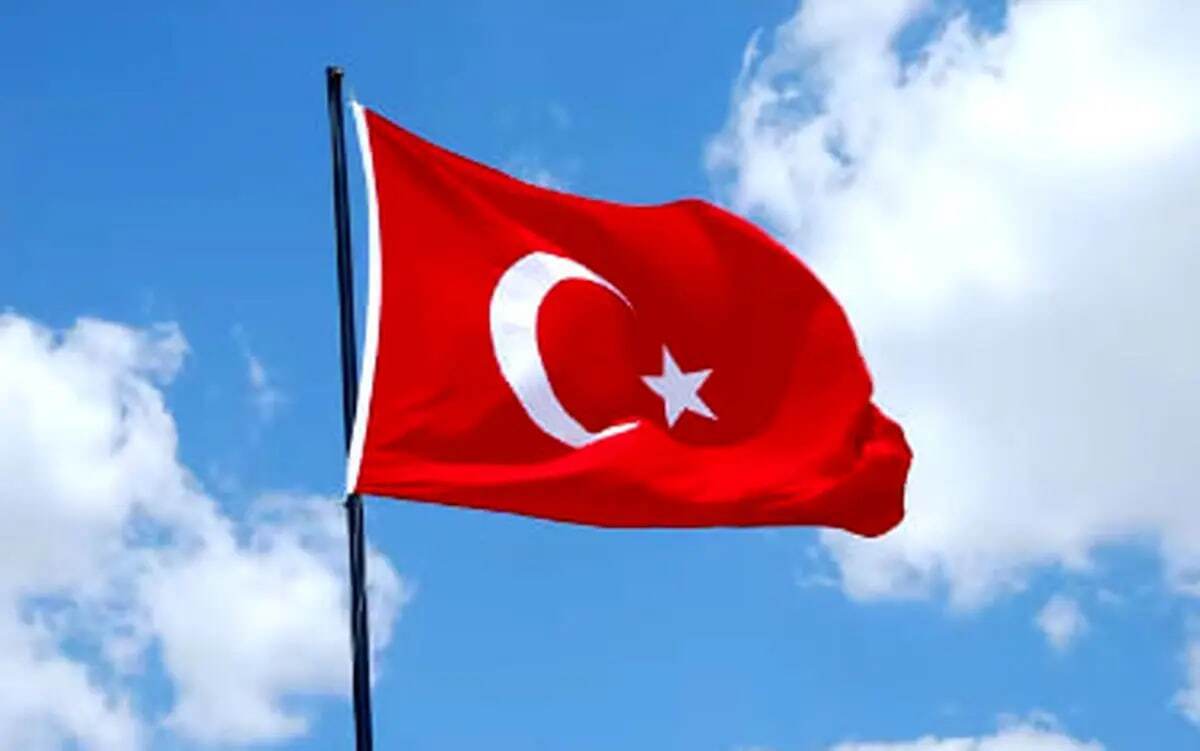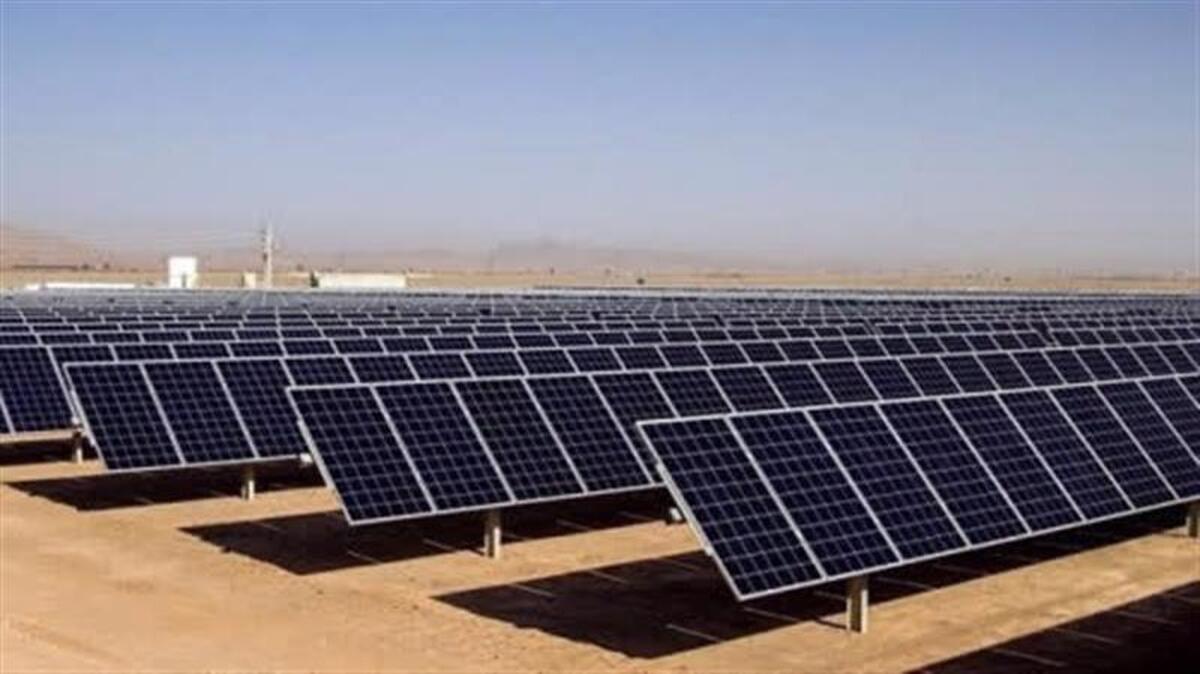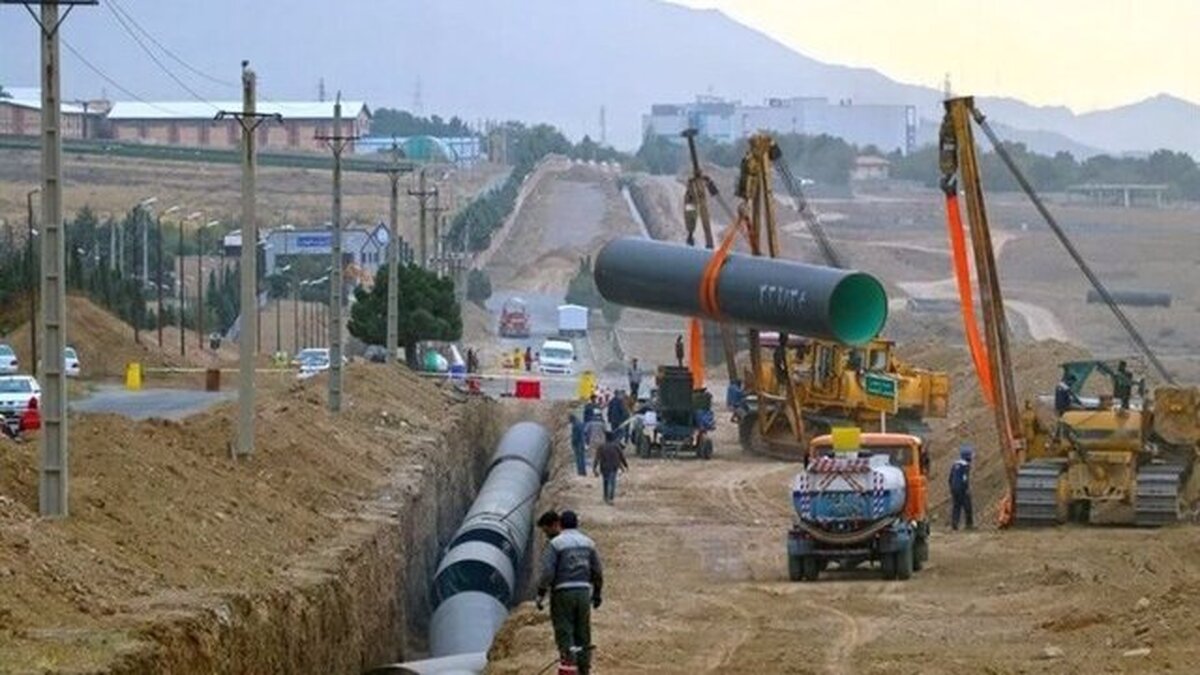
The Gateway to Tokenizing Energy Assets Has Been Opened

The CEO of the Energy Exchange stated: "Based on research conducted in other countries, we can say that there are active discussions about energy tokenization in three areas."
AEghtesadOnline: Ali Naqvi, the CEO of the Energy Exchange, stated on the second day of the national "Ramz-Ati" event: "We began reviewing and planning the tokenization of energy assets from last year. We have studied global experiences and are eager to invest in this field."
Naqvi added: "There are significant legal obstacles that make the process lengthy, but fortunately, with the changes that have taken place and the positive outlook of the Securities and Exchange Organization toward this field, I am hopeful that our entry into these areas will be accelerated."
He continued: "In financial markets, we have a tool called commodity deposit certificates, which is essentially a type of token, but in a centralized form. With this reasoning, we brought up the issue of tokenized assets and energy tokens for the first time in the Shariah committee of the Securities and Exchange Organization, and the committee accepted that we could tokenize energy carriers using the underlying commodity deposit certificates."
The CEO of the Energy Exchange explained: "This means that if you have a certain amount of oil deposit certificates, you can convert them into a new token on decentralized markets, and this token can be traded on exchanges. The design of this idea, both conceptually and in terms of Shariah law, was carried out by the Energy Exchange, and we obtained approval from the Shariah committee."
According to Naqvi, based on research conducted in other countries, he mentioned that discussions on energy tokenization are active in three areas.
He added: "One of these areas is crude oil, where the biggest challenge we face is the regulatory control and monopoly that the Ministry of Oil holds. There are closed doors that prevent oil trade from moving beyond the monopoly of the Ministry of Oil. Efforts have been made, and some openings have emerged, but the traditional mindset remains a serious obstacle."
The CEO of the Energy Exchange continued: "The second area, which might face fewer challenges, is energy conservation. Since July this year, we have been dealing with gas conservation certificates, and starting this Tuesday, the electricity conservation certificates are also set to begin."
He emphasized: "The third area, which is highly discussed worldwide, is renewable and clean energy. The only free electricity market in the country is the Green Electricity Exchange, where renewable power plants supply electricity, and industrial companies purchase it, with no government interference in pricing."
The CEO of the Energy Exchange said: "The main challenge raised by colleagues in the capital market in this area is the issue of empty selling. The initial design was that anyone wishing to tokenize would purchase certificates in proportion to the amount they wish to tokenize, collateralize them in favor of the exchange, and release the equivalent amount in another platform. The challenge lies in monitoring the volume of token issuance, which has been raised by our colleagues at the Securities and Exchange Organization. It seems that this challenge is not critical, and more discussions can be had about it. The important thing is that the gateway to energy tokenization has been opened, and we have taken the first steps in this field within the Energy Exchange."
Naqvi concluded: "We are ready to pursue the tokenization of energy assets and, with the removal of legal barriers, hope to see trading in this field."




